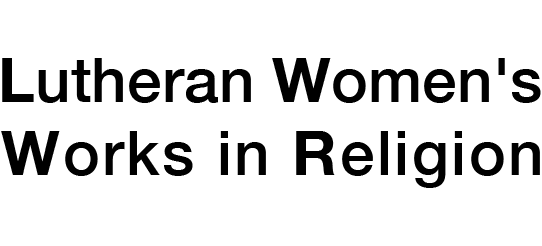August 14, 2019
fairnorth
- Home
- Community Directory
- fairnorth
Posts by fairnorth
Rehabilitating Religious Discourse: Bringing Disability Studies to the Theological Venue
This review essay critically engages several recent publications under the broad rubric of ‗religion and disability studies‘ that attempt to speak religious critique with and through the subject position of people with disabilities.
Putting My Foot (Prosthesis, Crutches, Phantom) Down: Considering Technology as Transcendence in the Writings of Donna Haraway
Focuses on the consideration of technology as transcendence in the writings of feminist historian Donna Haraway and the influence of Christian millennialism in technoscience so as to challenge out the hidden ―transcendentalism‖ hiding within technobioscientific resolves.
Resurrecting Christianities: Critical Theories and Constructive Postcolonial, Postmodern Christianities
The article focuses on critical theories and constructive postcolonial, postmodern Christianities. Where some apply deconstructive theory so as to simply purport a renewed Jesus agnosticism, Betcher suggests that Christology should be regarded as resurrection competency.
Monstrosities, Miracles, and Mission: Religion and the Politics of Disablement
Betcher considers the religious use of ‗disablement‘ and how the metaphor, when imbricated with Spirit, figures into modern, Western, Christian and cultural eschatology, social justice and ecclessiology, and even scientific and economic, practice.
Grounding the Spirit
Betcher engages a psycho-theological history of Spirit, that concept by which Christianity has often escaped the tug of gravity. By opening out the aversions to ground that have been carried in theologies of spirit, Betcher hopes to release Spirit in and for ‗organic transcending.‘ When the Spirit gets grounded, we may then circulate our life […]
Against Pure Reason: Writings on History, Language, and Religion
A selection of writings by the 19th century German theologian J. G. Herder, edited and translated by Bunge.
The Child in Christian Thought
Collection of essays by seventeen scholars who explore the views of selected Christian theologians on children and childhood. Essays critically examine the works of influential theologians ranging from the early church to the present, such as Augustine, Chrysostom, Aquinas, Luther, and contemporary feminist theologians. Bibliography includes primary and secondary texts. Spanish translation of selected chapters […]
The Child in the Bible
A collection of essays by leading biblical scholars on child-related themes in particular books of the Bible. Contributors take a variety of approaches, including historical, literary, and theological and disclose a range of perspectives on children and child-adult relationships and responsibilities.

